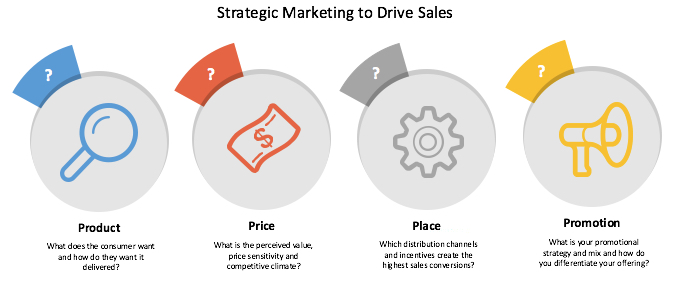AOL put an entire generation online.
Let’s think about that a second.
Remember AOL? THE Internet company of the 90s? At the height of its heyday – not only did AOL bring tens of millions of people online, it purchased Time Warner in the largest merger in U.S. history, closing on January 11, 2001. What made AOL so special at the time was the power of information. Connecting people together in a new world filled with possibility. AOL Instant Messaging was truly revolutionary.
Flash forward and now we have senior HR execs telling us an AOL email account is a huge red flag, immediately dismissing candidates with AOL emails as not being equipped to keep pace with innovation.
So what happened to AOL? For starters – broadband. Entire countries skipped dial-up entirely. This, in combination with free email services such as Microsoft Hotmail, Yahoo!, poor management and ineffective product development, created a mass defection of subscribers between 2001-2009.
In March 2009, under new leadership (Tim Armstrong, formally with Google), AOL shifted its focus to be more of a digital media company and begin acquiring companies to forward this new ambition.
AOL posted its first growth in quarterly revenue in 8 years in February 2013. On May 12, 2015, Verizon announced plans to buy AOL for $50 per share in a deal valued at $4.4 billion. On June 29, 2015, AOL announced a deal with Microsoft to take over the majority of its digital advertising business. And now, Yahoo! (another Verizon acquisition) and AOL are joining forces under a new company called “Oath“.
You could make the argument that say it worked out okay for AOL in the end, but in an entirely different world and in an entirely different business and with a heavily damaged brand.
What are the lessons we can learn here?
Lesson 1: You need a product people want to buy
If it’s free, there has to be a monetization strategy elsewhere. AOL lost subscribers not only because competitors were offering free services – they tried to match the competitive offering, without having a compelling value proposition and an immature monetization strategy.
Lesson 2: Stay vigilant in long-term business planning
The pressure is incredibly high to meet quarterly targets. Your performance only seems as good as your last quarter and that’s a real business challenge. It’s important to rigorously plan in at least a 3-year horizon but preferably 5-10 years. Had AOL performed better market research, it may have been able to adapt more quickly to the advent of broadband and free email services.
Lesson 3: Make sure your pet project doesn’t take a life of its own
So often we see companies trying to hold onto a one-off project, weighing sunk costs too heavily, and not being able to pull the cord and move on. Innovation is important but not at the expense of your core business and core values. AOL lost its way and forgot what made them great to begin with.




